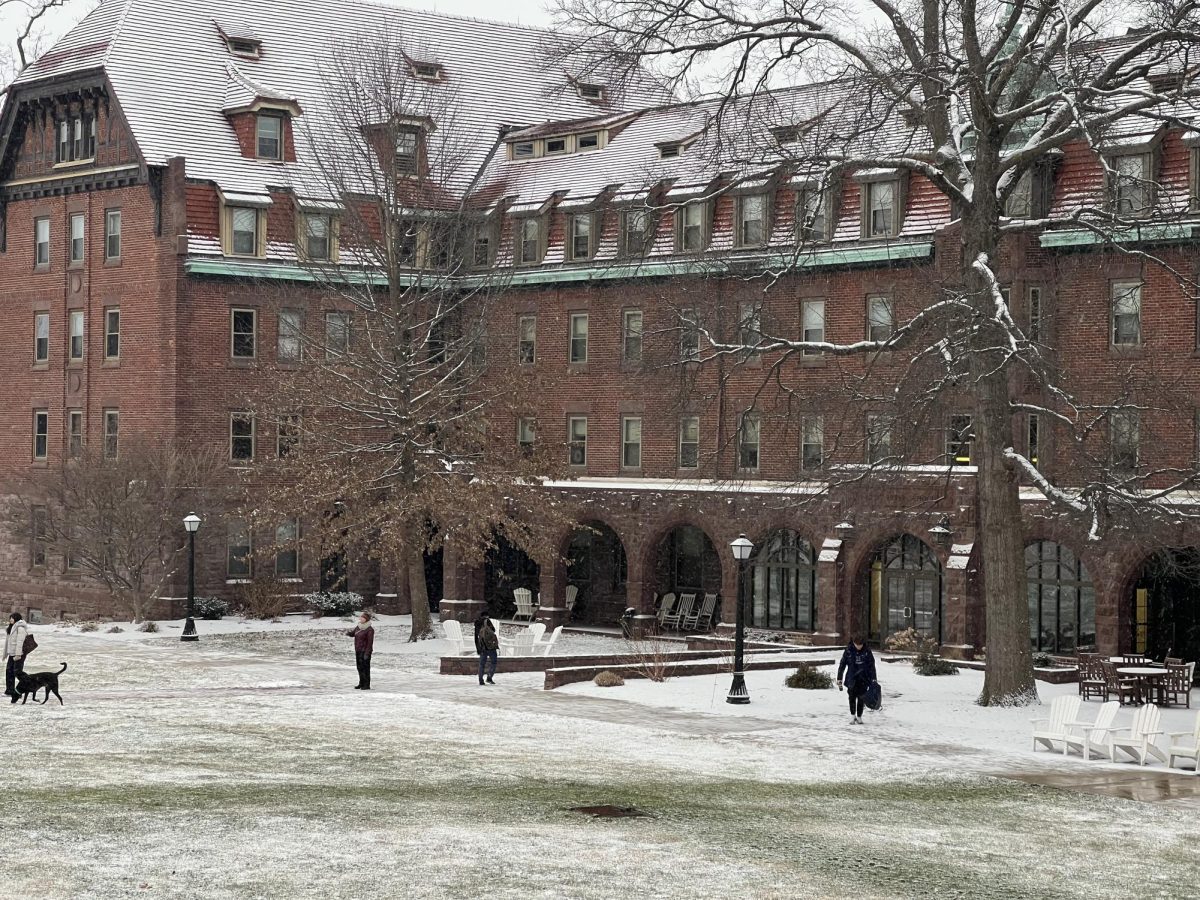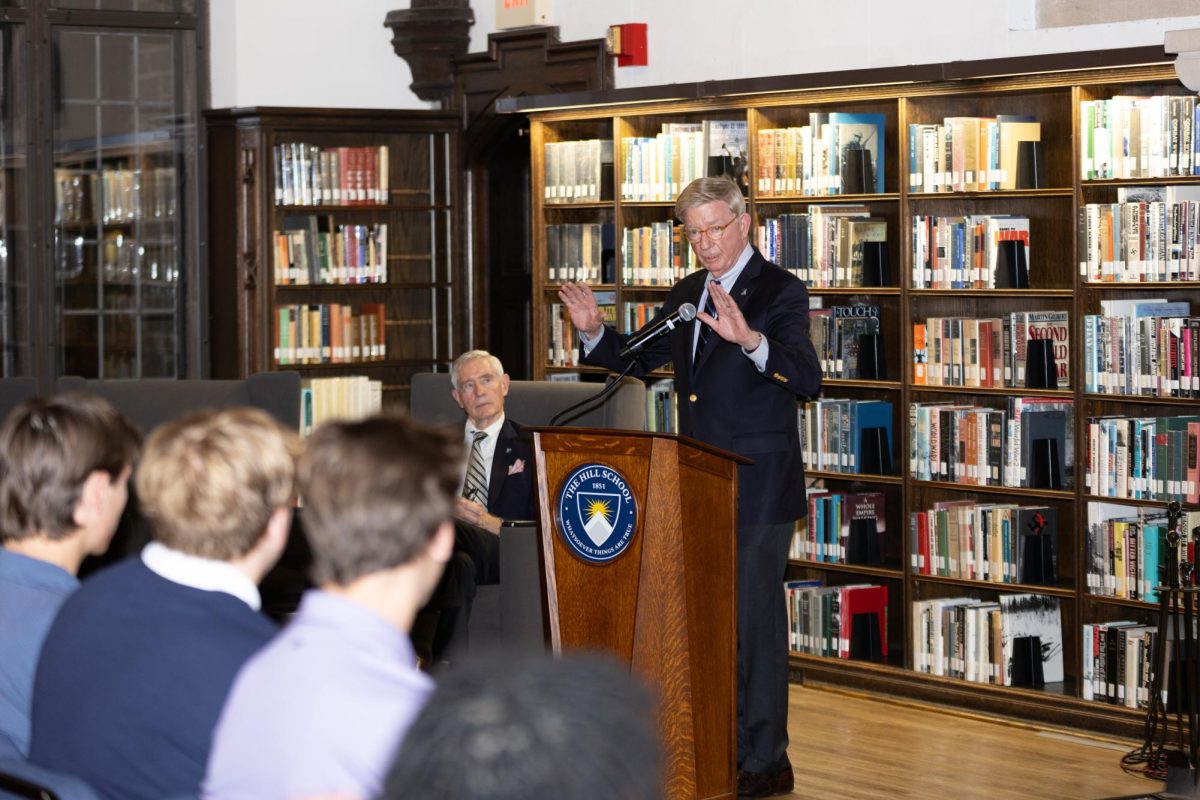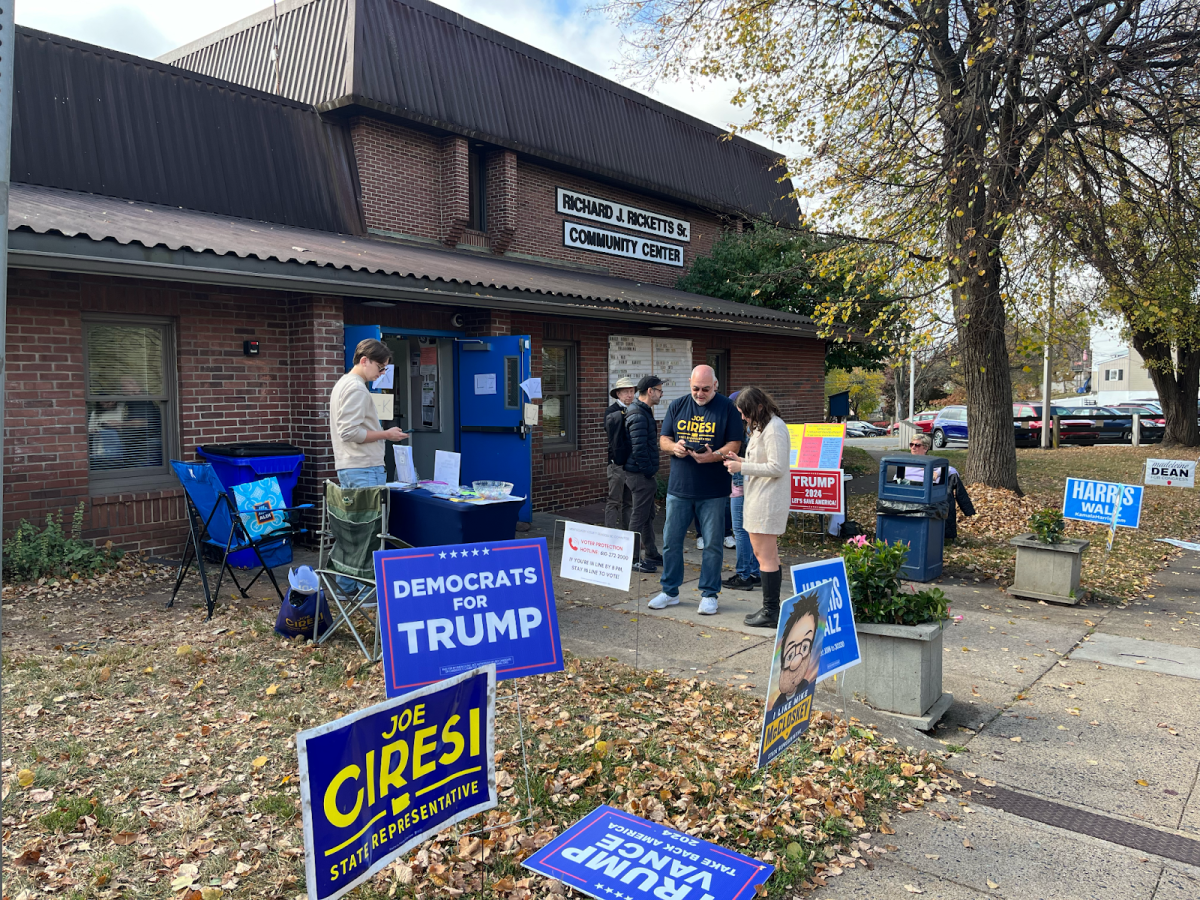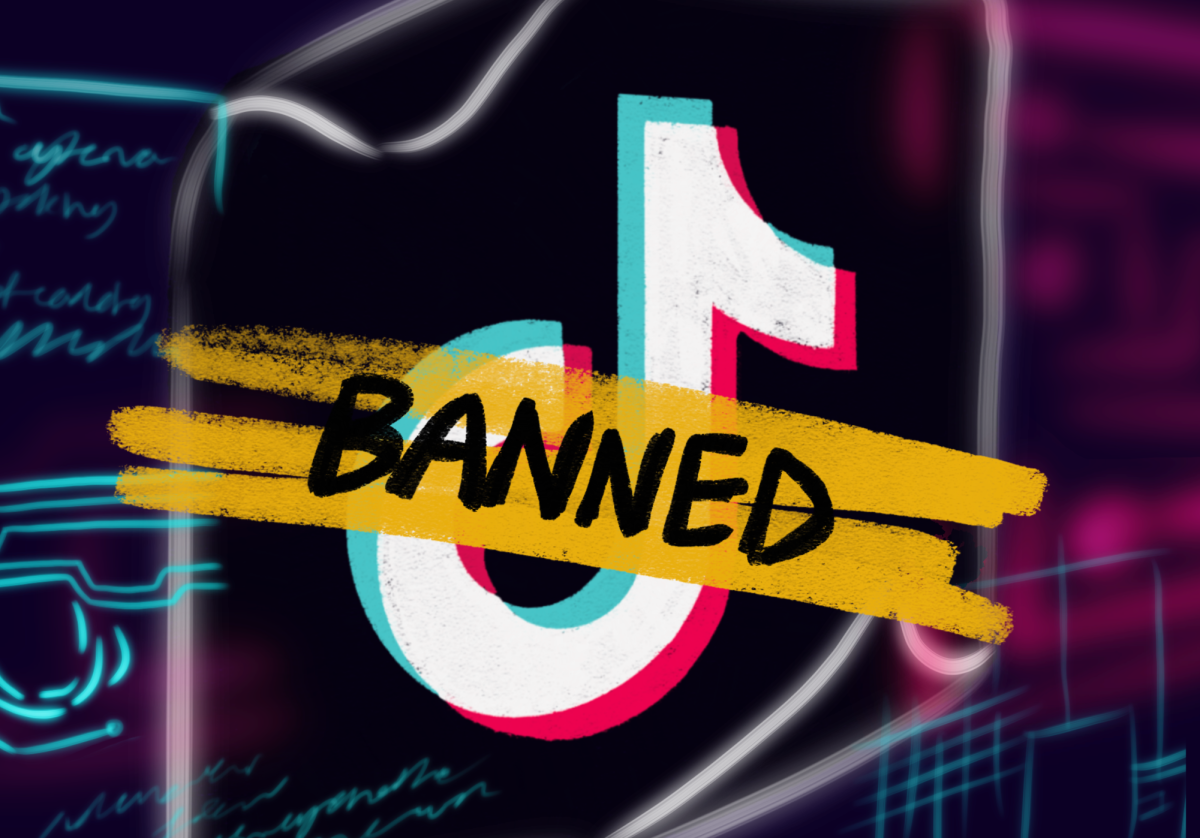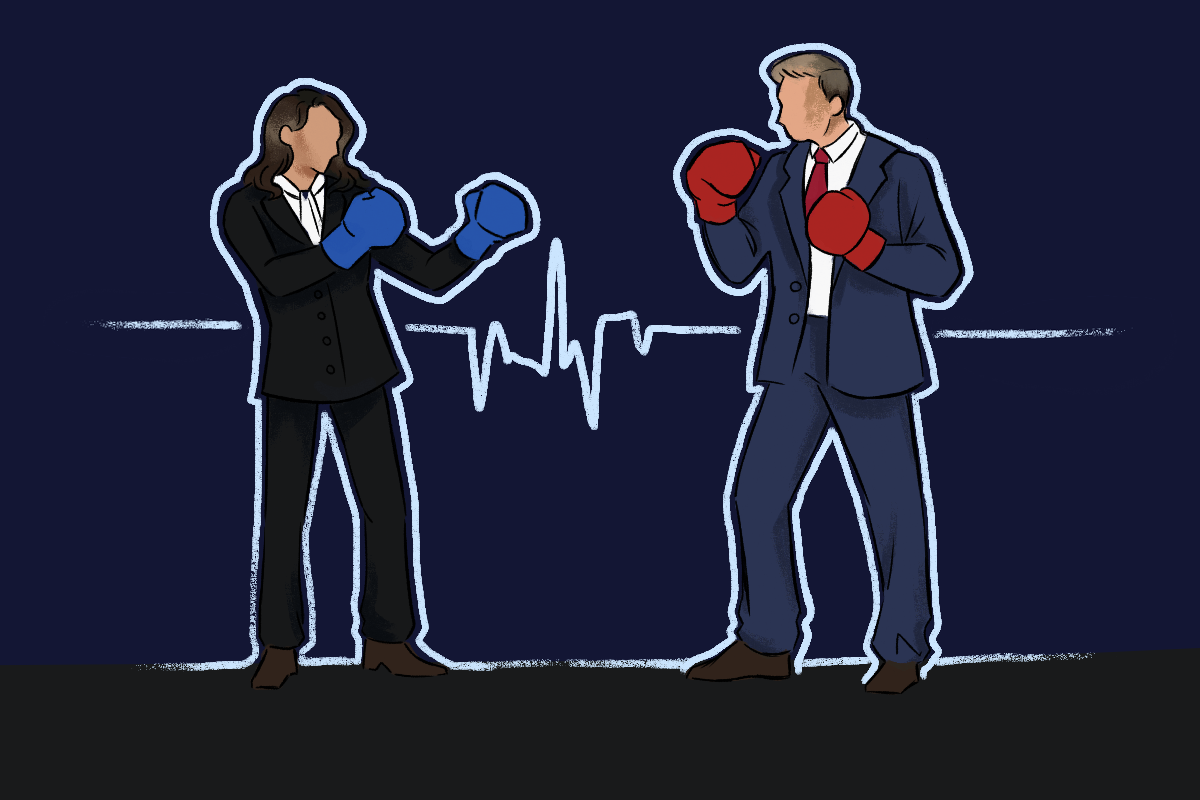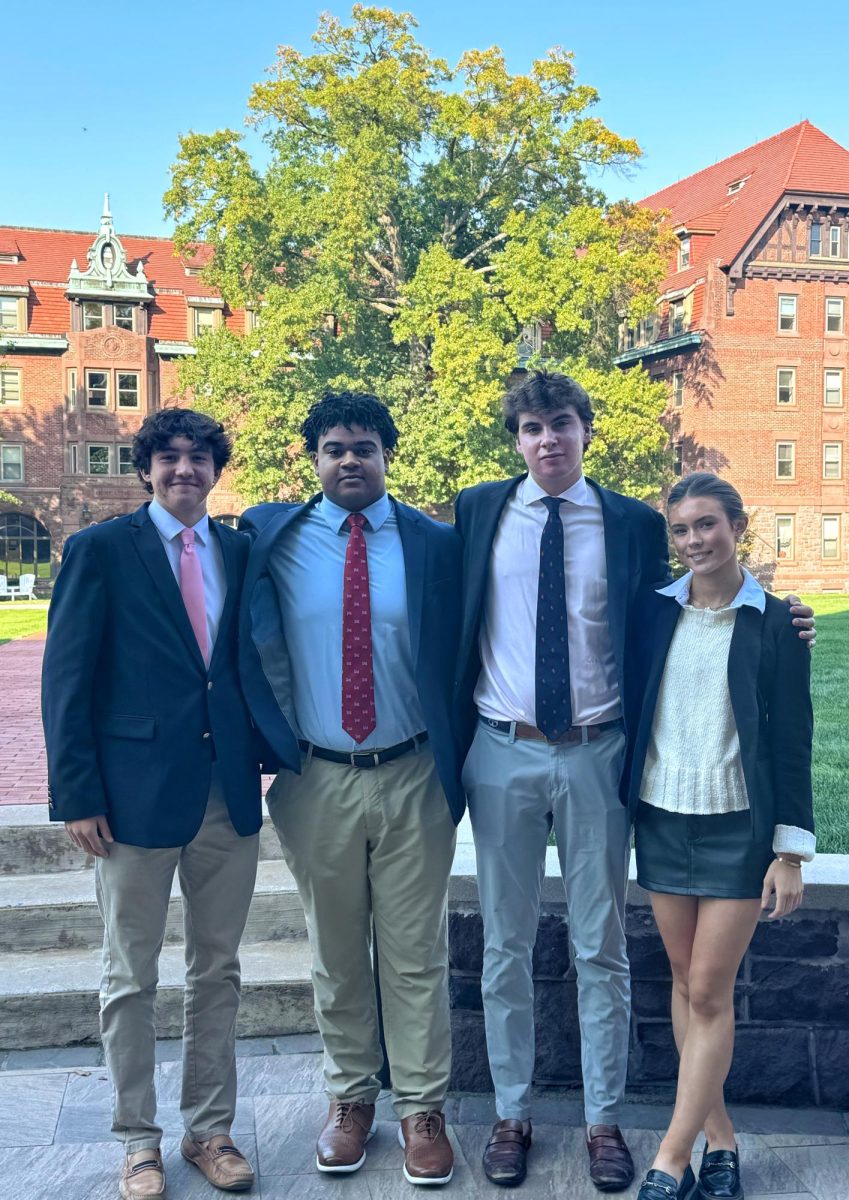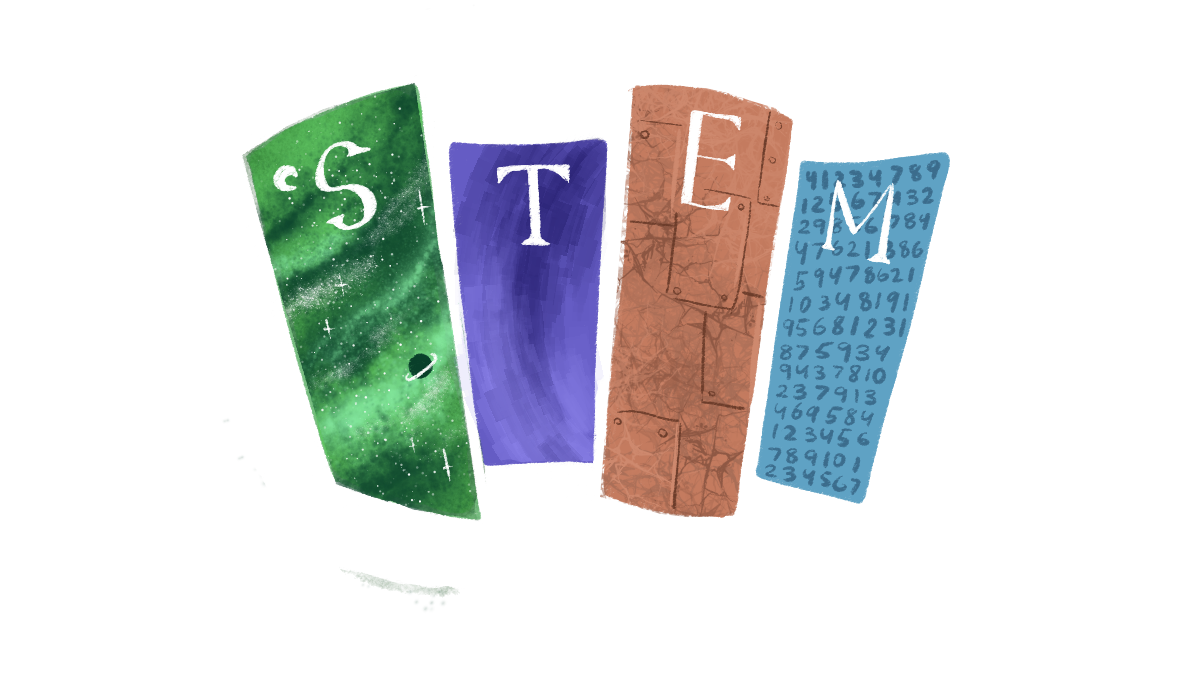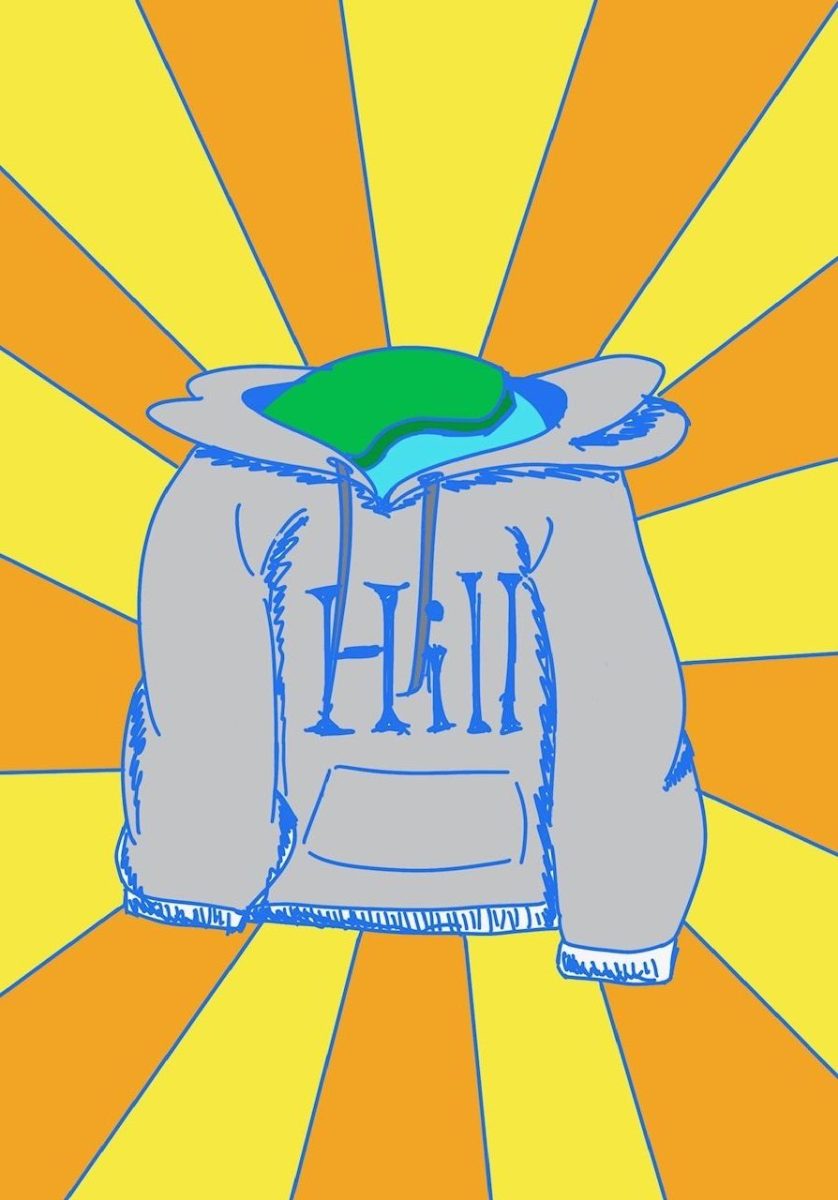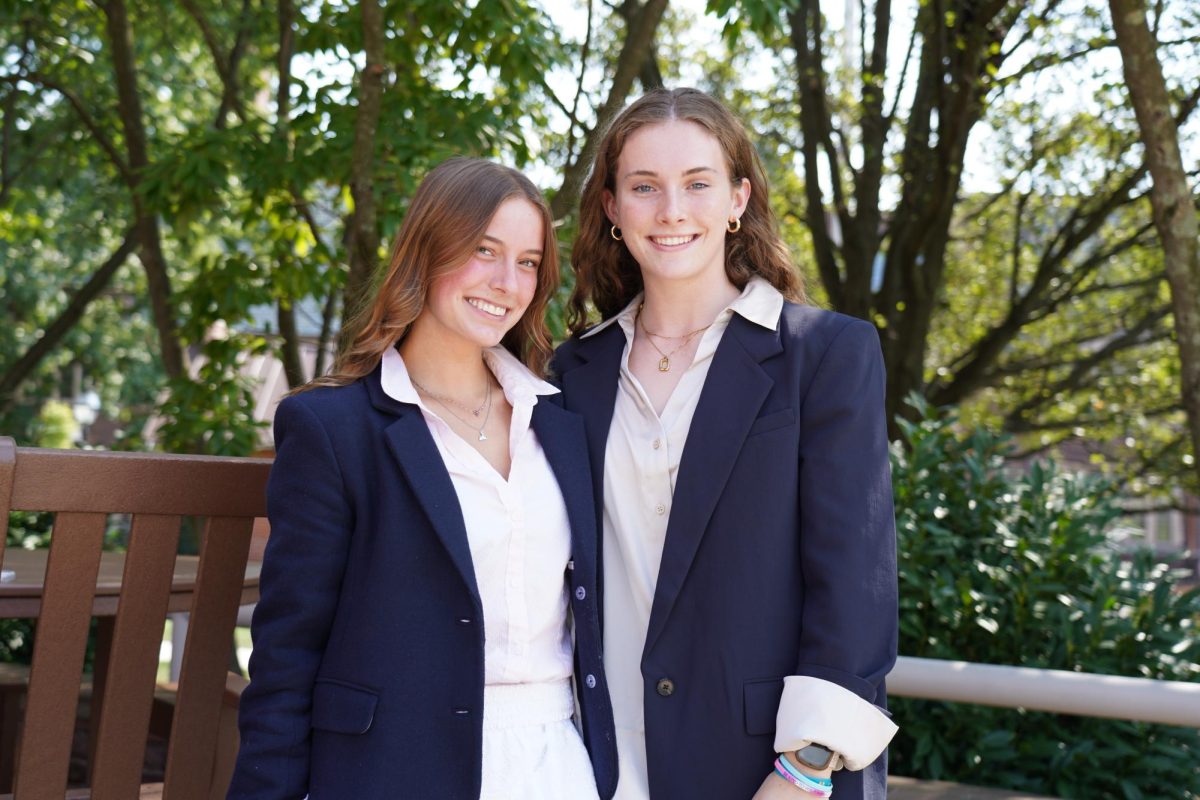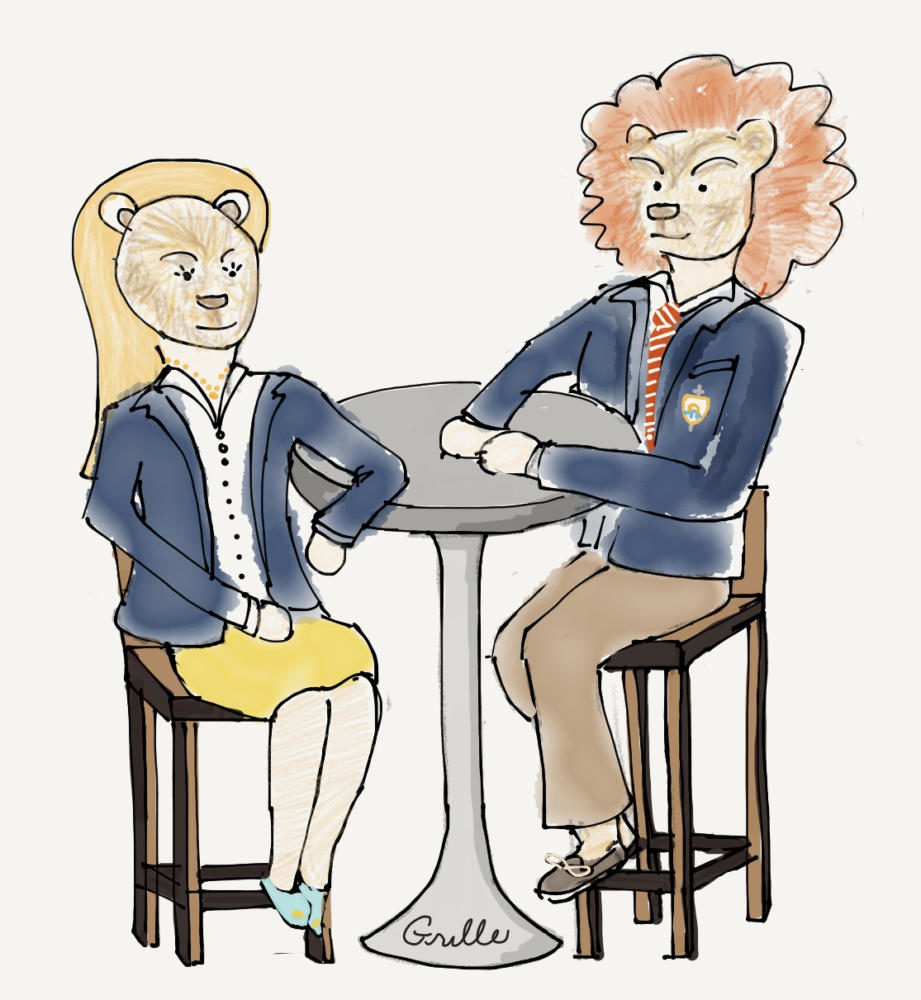In my first days at Hill, the 6th formers loomed above in the Grille in their high chairs, not unlike lions on the savannah gazing over their kingdom.
They embodied and defied coolness at once, and it kept us underformers running, tripping on ourselves to catch up to their swagger, stretching for a mirage of an oasis that is already receding in front of us.
From afar, they seemed like the heroes of myths and legends; I could still see their shadows grew behind them as they exited the Chapel first, as though in seconds, they had grown too large for life, a symbol, a martyr.
It took me two years too many to realize that they were no martyr, no symbol, but only people.
Entranced by the power of adulthood, they pretended to be something they were not, believing that by living their role, they could perform it flawlessly. Method acting, at its finest.
In theatre, the performer and the audience are inseparable: one needs the other to thrive, and in the context of high school, to thrive is to be adored, loved, or simply seen by others.
Teenagers ride upon the waves of flattery, attention, and desire, just as Icarus rode the winds with wings of wax.
But the wax melts and Icarus fell, having succumbed to the sun, and we fall when we succumb to peer pressure, our identity drowning underneath unforgiving waves.
Martyrs fall for a cause.
We fall for none.
It is by failing to see this original difference that teenagers often extol the wrong kind of behavior, not realizing that our approval can drastically alter lives, that the power a silent majority holds is immense.
The word martyr came from the Greek martur, or “witness.”
There is no martyrdom without a witness, there is no tragedy without a crowd. It is our inaction, our indifference, our inability to stop one another from going astray that condemns others.
We cheer our friends on as they sink into vices, showering them with likes and shares, not realizing – or perhaps, not caring – that we are forcing them into quicksand.
We pride ourselves on being the first to know and the first to dissect a disciplinary hearing, a withdrawal, even expulsion, as if life is Biology 1 and we are getting A’s for prying lives apart.
We revel in hushed gossips passed between classes about others who are on the verge of falling, just like Greek theatregoers relished in the drama of Icarus’ predicament.
However, while Icarus is a legend, the people we talk about are not; they are our teammates, classmates, and roommates, and every time a student falls, the Hill community hurts.
The ancient Greeks could walk away unscathed from their amphitheatres, but we are not allowed that luxury; we endure the trauma of separation. We have to collectively bear the scars of grief for a meme, a blunt of weed, for an idea of coolness that is insignificant compared to reality.
To be a martyr is to mistake a mirage for truth, to confuse theatrics for life.
It is too easy, too tempting to do so: the oasis has always seemed fresher, cooler, better than reality, yet it dissipates with a touch, leaving only the hint of disappointment in our throat.
The winds wail between recently vacant dorms and deserted common rooms at night, mourning the newfound emptiness, the indentation in the sheets still pressed in the shape of our teammate, classmate, roommate.
In the wake of a catastrophe, there is no self-assurance, no sacrifice, no heroism – only futures misplaced, only fellow mistakes.
To be a martyr is to pay a price, to forfeit a future.
In the Dial, the page titled “Never Forgotten” grows with the name of another student whose community had failed them.
As rising 6th Formers, it is now our turn to play the kings and queens of the savannah, and with great power comes great responsibilities.
We have a choice: we can allow the limits to be crossed, we can passively watch from the sidelines, and we can bow to peer pressure until Hill is shaken out of its reverie by another tragedy.
Alternatively, we can establish our own definition of “coolness,” we can correct each other, and we can help one another to escape from the vicious cycle of toxic behaviors.
In last year’s Presidential caucus, Yash Singh’s dream was that the entire class of 2018 – and by extension, the whole school – could graduate without losing a single student.
Yet such a dream does not have to remain mere aspirations: with the power of a community, helmed by the collective vision and leadership of the senior students at Hill, it can become reality.
Together, we are only bound by our capacity for wonder.

